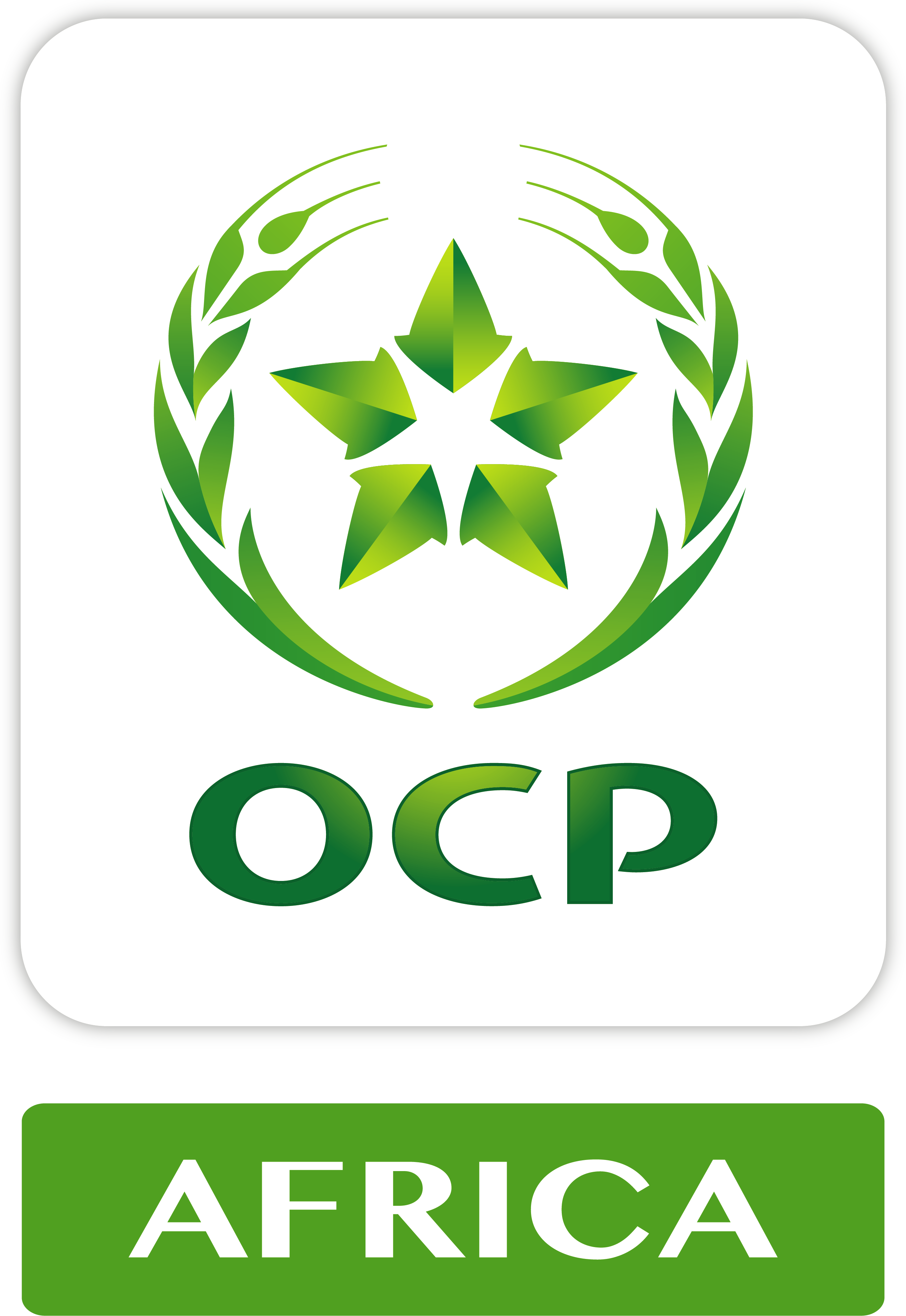Customized fertilizers
Background
Today, fertilizer use in Africa is much lower than it should be - the average amount of fertilizer used in sub-Saharan Africa is only 16 kg / ha, compared to a world average of 138 kg / ha. Reasoned use of fertilizers is the only way to substantially increase yields per hectare and thus limit the expansion of agricultural land at the expense of already depleted forests. When applied correctly, fertilizer helps to maximize short-term land use and preserve it in the long term.
Our approach
Developing customized products requires a deep understanding of the soil-crop-environment system and the farmers practices.
Our approach is based on 3 levels of information.
In-depth assessment of soil and crops response:
- Soil analysis to get soil fertility data of strategical and targeted regions.
- Onsite field trials testing the crop response of developed fertilizers.
- Partnerships with local research and agronomy institutes to facilitate the dissemination of our results.
In-depth assessment of current agronomic practices:
- Partnerships to collect macro informations on the farmer and his environment
- Conduct surveys to collect data on current agronomic practices and farmers behaviors towards new products/solutions. The aim is to develop adapted, affordable and scalable solutions for farmers.
Geospatial technologies for developing nutrient management platforms:
We use frequently satellite imageries and geospatial data (climatic, pedologic, agro-ecologic, vegetal index, land use, etc.) as a third layer of information, in order to match it with the onsite information, thus enhancing the quality of our results and helping make decisions about new formulas development.
The geospatial tools are important for developing DSM (digital soil mapping) related to soil fertility and yield forecasts. Some works have been engaged in this field to create some thematic maps of nutrient deficiencies and contribute to develop a complete nutrient management platform dedicated to sub-Saharan countries.
Field trials
We carry out field trials programs in Africa to address the crop production issues that limit increased and sustained crop yields and smallholder farmers income, resulting mainly from low inputs (in particular fertilizers), inappropriate fertilizer products use and poor crop management. These field trials are designed and implemented to determine the best inputs that can be offered to small holder farmers depending on their country, their crops and agroecological specificities.
Our impact

37% increase in corn yields in Ethiopia and 20% in maize and soybean yields in Kenya.

In Nigeria, OCP AFRICA is collaborating with international agricultural research centers, such as the International Institute of Tropical Agriculture, to carry out soil mapping in the main producing regions of the country.
